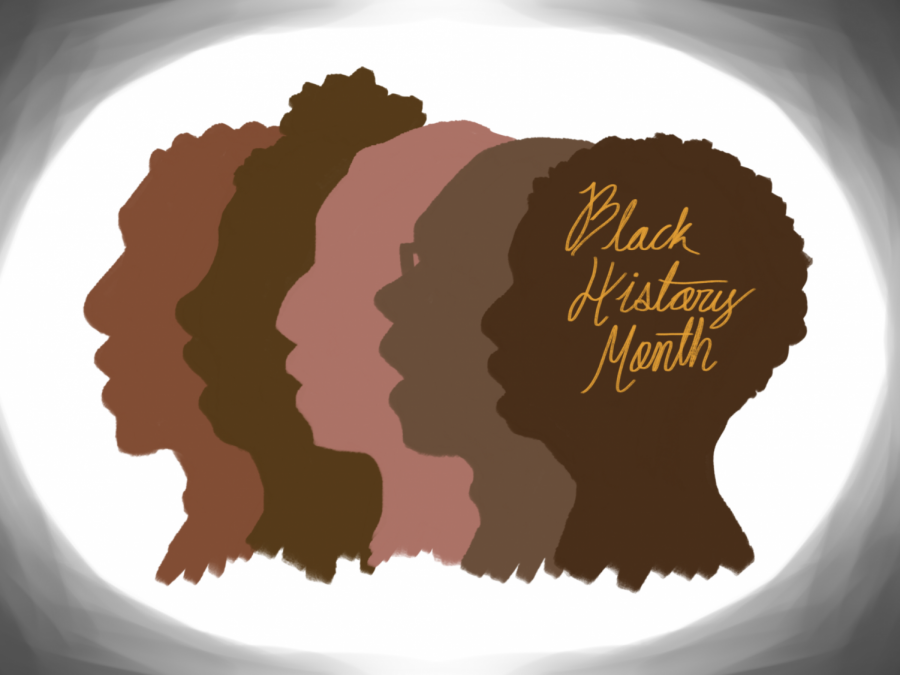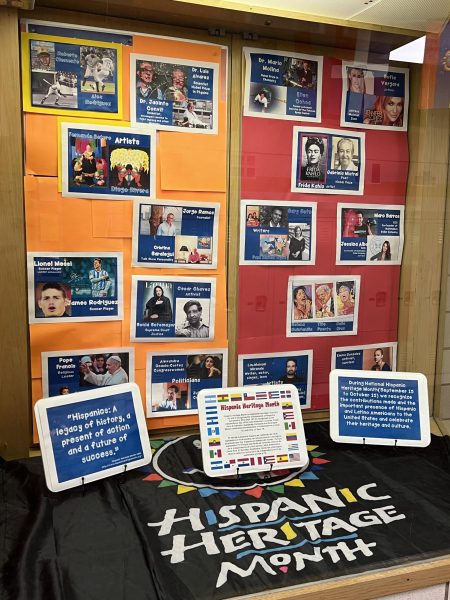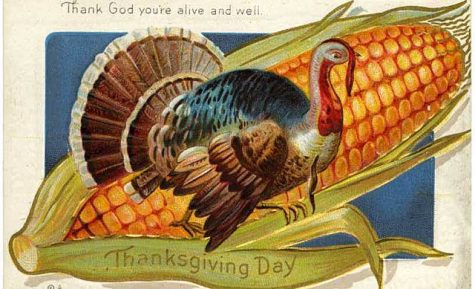Remembering black history this February
March 1, 2018
Black History Month remembers the rich impact black Americans have had on American history. This year, The Viking Logue has compiled a very small sample of contributions to society made by black Americans which define America today.
Shaping our nation through music
One of the ways in which African Americans have influenced American culture throughout history is through music. African American music continues to have a major impact on American culture in the modern day.
African American music has its origins in Africa. The banjo, originally referred to as the “Banja” was one of the first African instruments to make its way into America. More percussion-based African instruments were produced in America, leading to a blending of traditional African and 1700’s American music.
Later, in the 1800’s, styles of music such as country and blues were invented. Relying on the traditional rhythmic style of music from Africa, these new genres brought a new flavor to 1800’s America.
Eventually, music more removed from traditional African or American culture was created by African Americans in the form of African spirituals. These songs used powerful lyrics and emotional melodies to keep hope alive among the slaves. By the 1870’s, this style of music was popular throughout the United States, by white and black audiences alike.
In the early 1900s, alongside gospel and blues, jazz gained popularity. This style of music was far more complex than the ones which followed it and gained the attention of many bands who innovated and created their own styles of music based on jazz. Some of the more innovative styles were swing and bebop.
In the mid 1980’s, Rap music became popular and has continued to remain influential to this day. Poetic and intense in nature, it started with the singer talking between singing and eventually evolved into its own form of delivery.
Breaking boundaries in sports
African American athletes have inspired generations of people, of all races. Powering through tough times, they’ve created inspiring stories which many look to as a source of determination.
Athletes such as Jackie Robinson, Jesse Owens, and Muhammad Ali all showed the entire world that their prejudices wouldn’t hold them back. They made way for other African American athletes and non athletes alike to show their talent without discriminatory setbacks. Walter Cronkite recalls that after Jackie Robinson became the first black baseball player and proved his merit, one could even see progress being made as African Americans entered “all walks of life.”
Black athletes have introduced some of the most powerful, inspiring stories which continue to be talked about widely today. They’ve given both hope and the message to keep going, to keep fighting through struggle to all types of people. Remembering names such as Jim Brown, Arthur Ashe, Joe Louis, and Alex Haley is important to remembering the contributions black Americans have had on American culture.
Contributions to modern medicine
Outside of cultural influences and contributions, many African American scientists and inventors have made great strides in the medical field that serve the common people every day. Advancements like open heart surgery and heart attack treatments have been developed by African American scientists and have led to groundbreaking medical leaps, and advancements like the wire precision transistor. Compact refrigeration units, invented by iconic inventor and African American Frederick McKinley Jones, have revolutionized the human experience globally.
One of the biggest advancements made in all of medicine is the research done to understand hearts attacks. A chemist by the name of Marie M. Daly worked with Dr. Quentin B. Deming in 1955 on understanding the causes of heart attacks. They discovered the effects of high cholesterol on the arteries of the heart. This made way for medical understanding of how diet affects the heart, and what one could do to reduce their risk of heart attacks.
Another medical advancement which saved many lives was successful open heart surgery, achieved by Daniels Hale Wilkins. Although he was the third person to ever perform open-heart surgery, he was the founder of Provident Hospital and Training School for Nurses, a hospital which followed his practices, and saved many lives. He also went on to help treat former slaves in Washington DC.
In the world of engineering and technology, advancements made by black peoples include the compact refrigeration unit, made by Frederick Jones to transport food during World War II, and the wire precision transistor made by Otis Boykin.
Fredrick Jones was an inventor who was interested in automobiles since his childhood. He went on to experiment with sound technology, and eventually made compact refrigerators which were used during World War II to transport food and blood. In addition, the ability to transport perishable goods across thousands of miles has changed how people shop and eat on a daily basis.
Otis Boykin, a medical inventor, was interested in resistors since the beginning of his career. In the process of improving the pacemaker, he went on to create the wire precision resistor. This innovation became a common component in many machines due to its cheap and effective use of electricity.
Reforming civil liberties
One of the biggest parts of American history is the civil rights movement. In a response to the torrent of racist policies during the 1960’s, people rose up to fight for equal rights. The civil rights movement’s impact is undeniable and present in contemporary times. American law, society, and values were all changed by figures which now hold tremendous weight in their name, such as Martin Luther King Jr, and Malcolm X.
The civil rights movement also encouraged other movements. The second feminist wave, and calls for rights for Hispanic and Asian Americans among other groups were all influenced by the civil rights movement. It gave way to the end of segregation, the mixing of communities, a new era of progressiveness, and general growth of human and moral rights in America. Many of the principles which we consider inherently American today can be credited to the civil rights movement.
This February, we should take a moment to appreciate these contributions and how they have defined our country and our lives.









